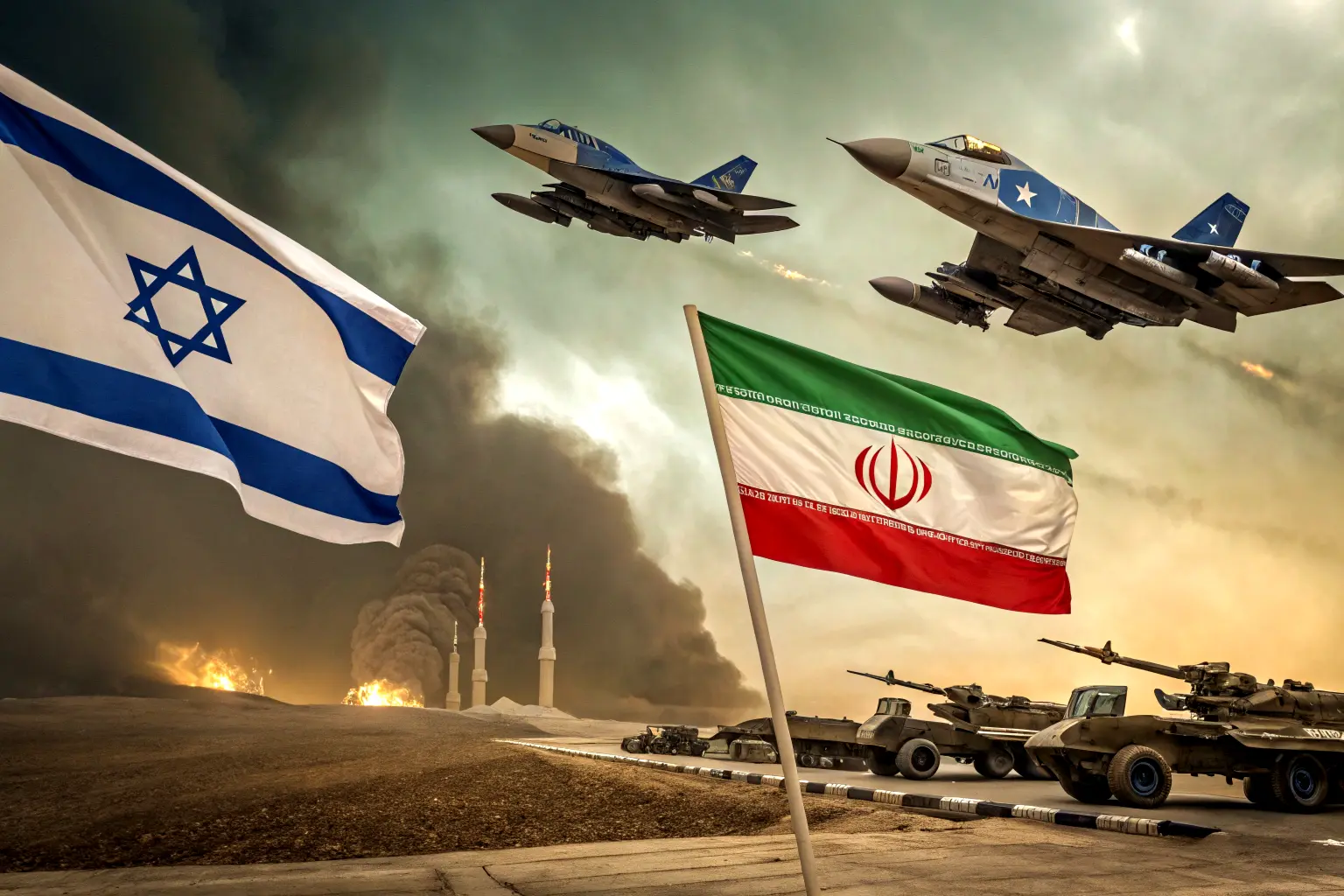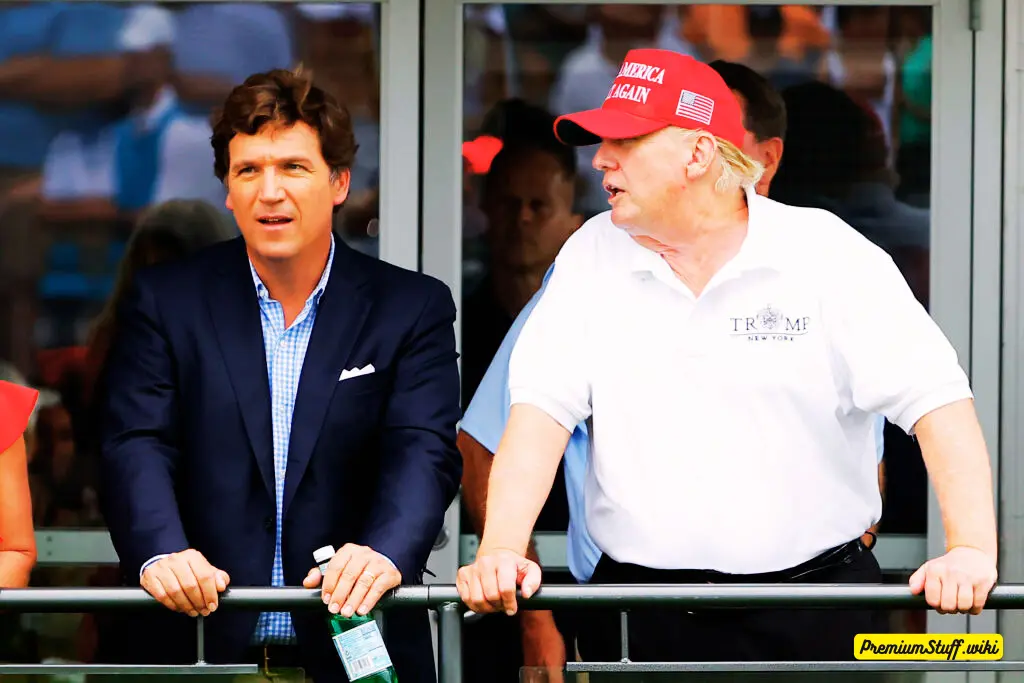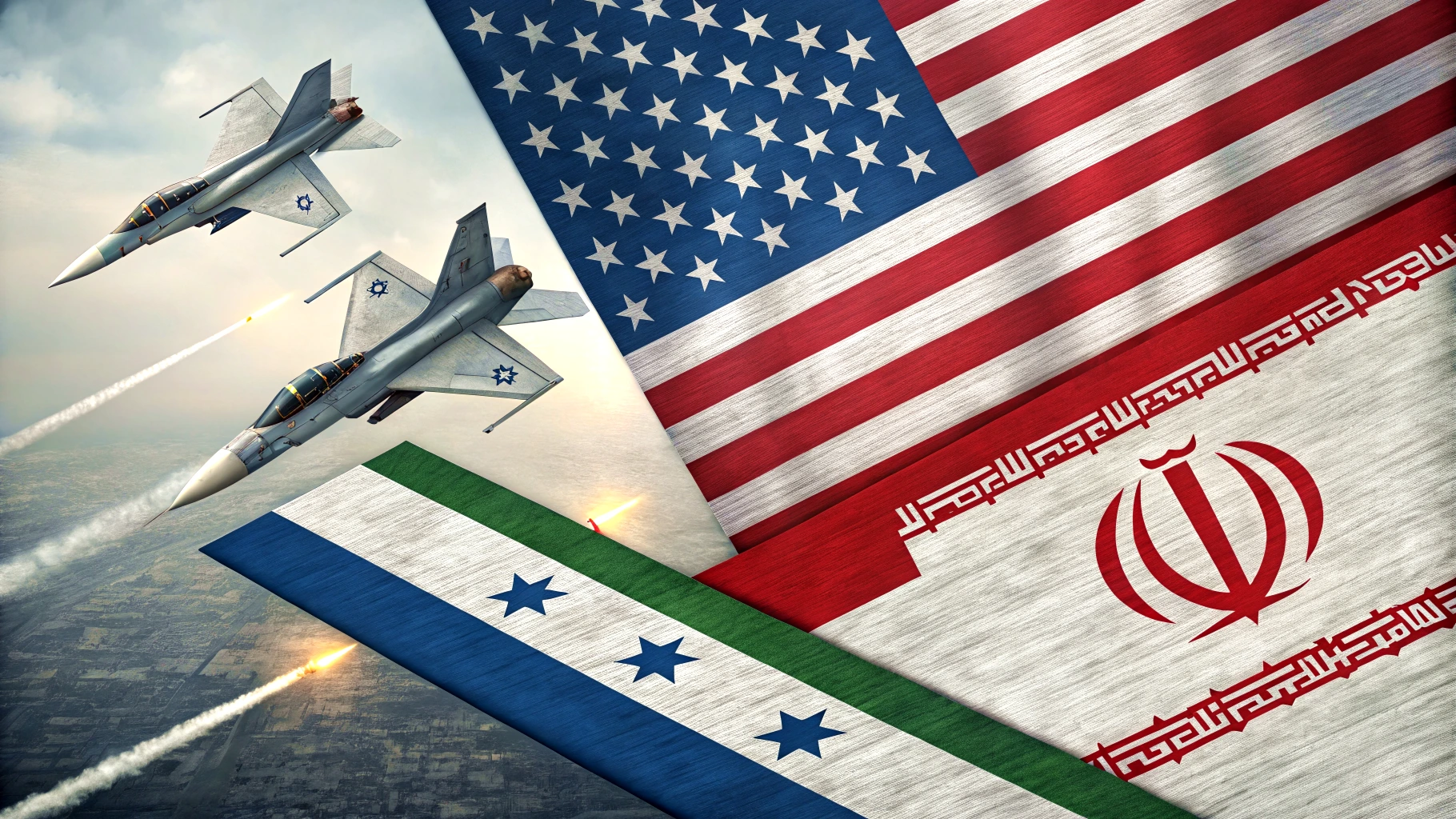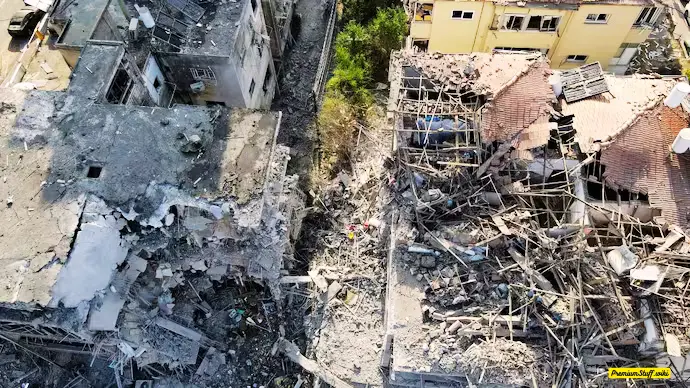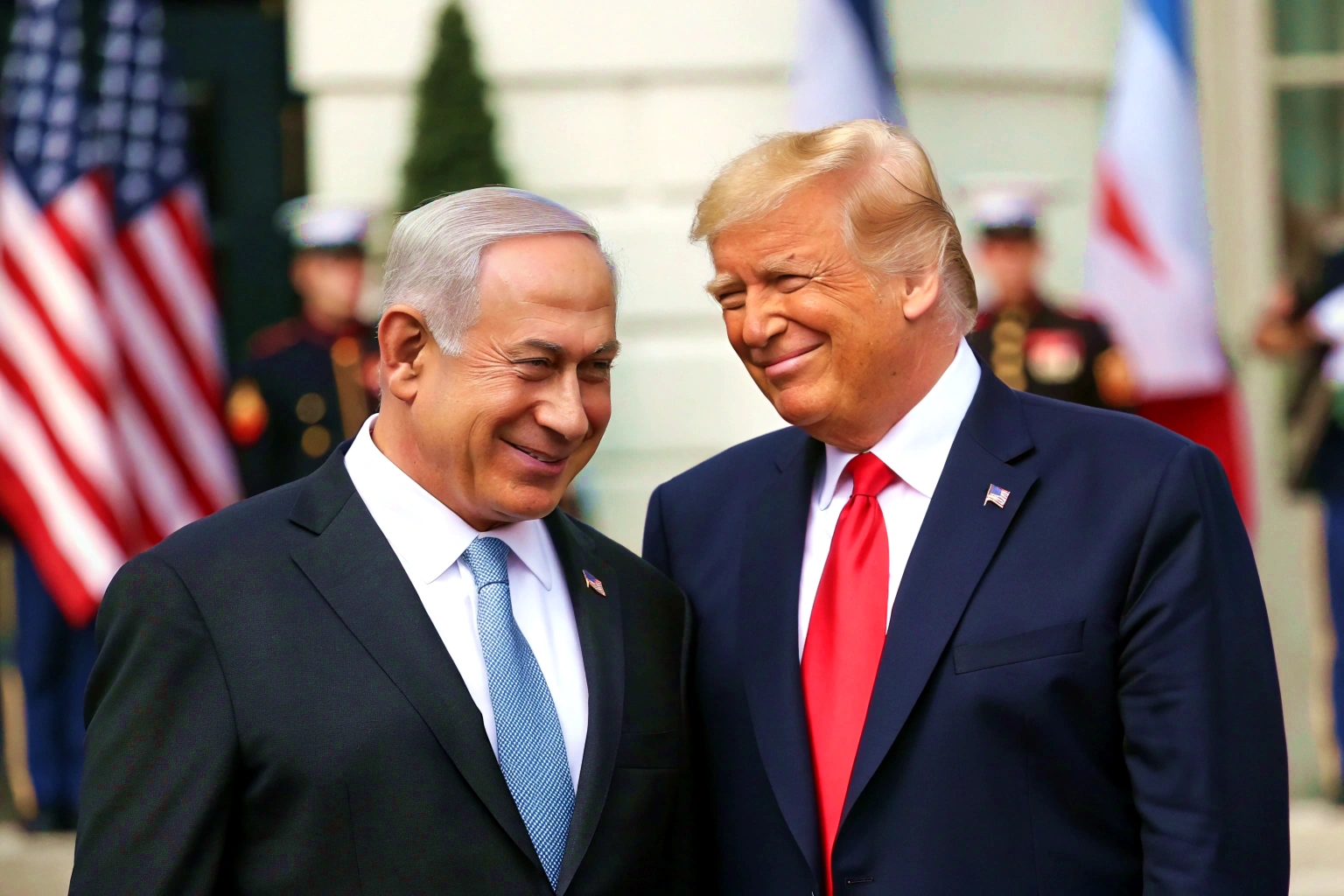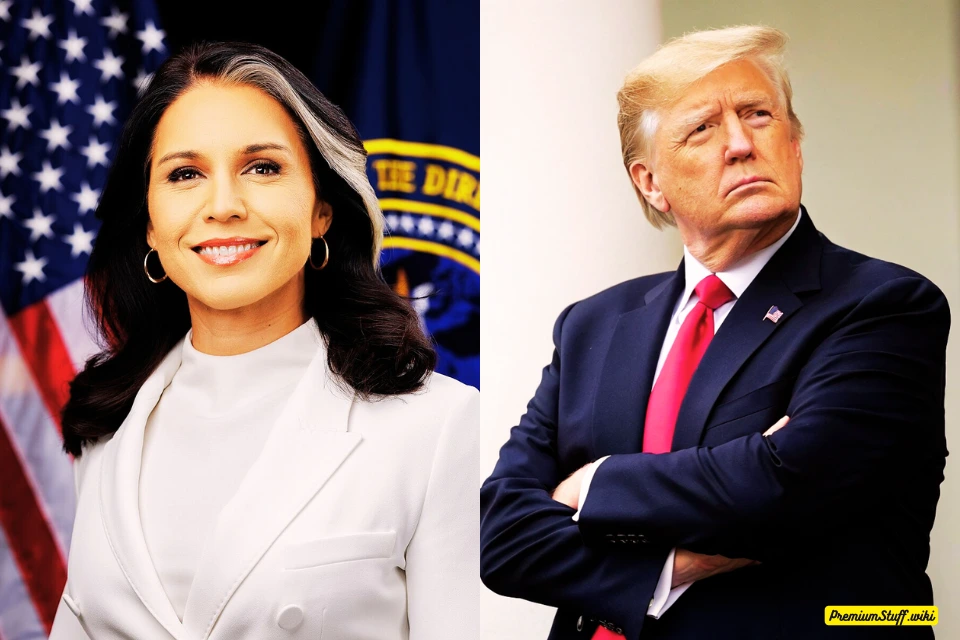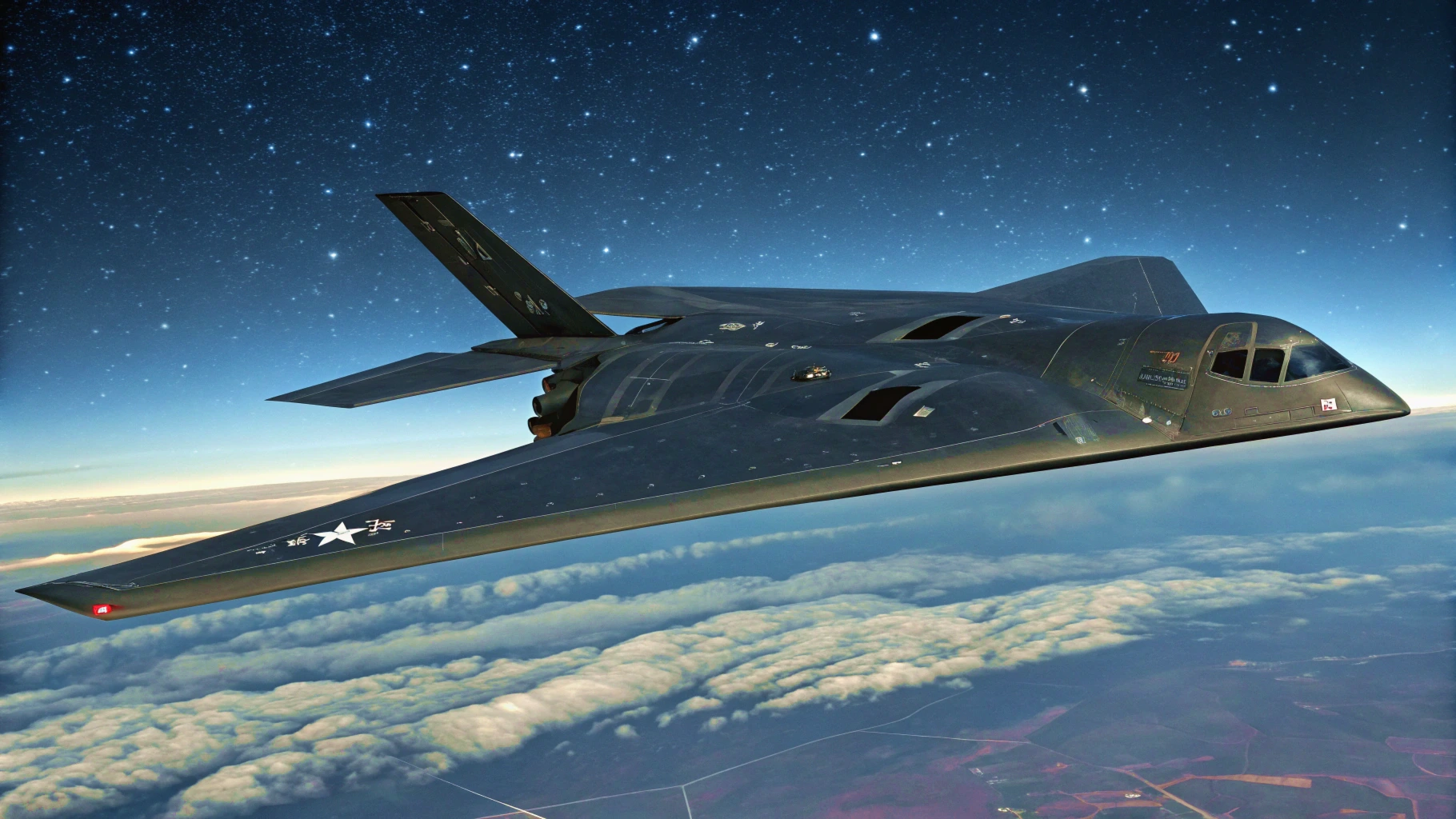Lebanon Condemns Israel But Avoids War Path
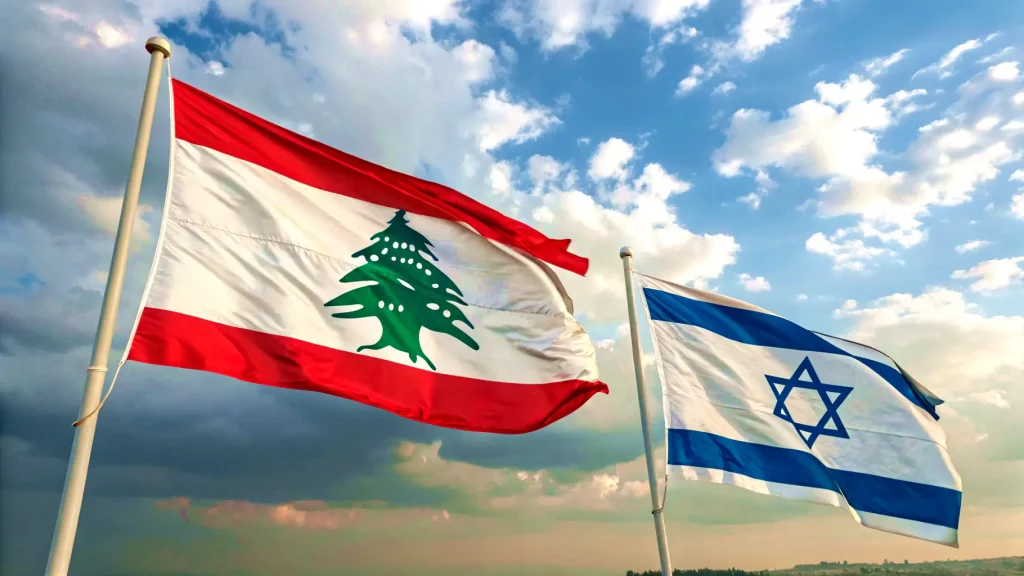
BEIRUT — Lebanon’s top leadership issued a rare unified condemnation of Israel’s strikes on Iran Sunday, even as Hezbollah signaled it won’t open a new front despite its alliance with Tehran. The delicate balancing act reflects Beirut’s precarious position as U.S. envoy Tom Barrack prepares to arrive Tuesday with demands that could reshape Lebanon’s military and political future.
President Michel Aoun, Parliament Speaker Nabih Berri, and Prime Minister Nawaf Salam declared Israel’s attacks a “flagrant violation of international law” that “destabilizes the entire region.” The joint statement emphasized Lebanon’s commitment to diplomatic solutions while stopping short of endorsing military action—a carefully calibrated stance revealing the government’s fear of being drawn into direct conflict. Behind the scenes, security forces activated emergency protocols, enhancing air traffic monitoring at Beirut Airport and coordinating cross-agency defenses for critical infrastructure.
Hezbollah’s Hollowed-Out Solidarity
Hezbollah, Iran’s most powerful regional proxy, proclaimed “full solidarity” with Tehran but pointedly avoided committing fighters or missiles. Crowds gathered at former leader Hassan Nasrallah’s mausoleum in southern Beirut, chanting slogans celebrating Iranian strikes on Haifa while fireworks lit the skies over Shia strongholds. Yet the celebrations masked a harsh reality: Israel’s 2024 decimation of Hezbollah’s leadership and missile stockpiles has left the group incapable of meaningful offensive operations. Informed sources confirm Hezbollah communicated with the Lebanese Army Command but established no joint action plan—a tacit admission of its diminished capacity.
The Barrack Ultimatum
All eyes now turn to Barrack’s June 18 visit, which Lebanese officials fear will deliver a blunt U.S. ultimatum: disarm Hezbollah or risk losing UNIFIL’s peacekeeping mandate. Such a move could force Lebanon into direct negotiations with Israel, effectively imposing normalization under threat of isolation. “They want to erase our resistance identity,” a Hezbollah parliament member warned, reflecting fears that U.S. pressure could unravel Lebanon’s fragile political equilibrium. The government faces an impossible choice: defy Washington and face crippling sanctions or betray its Iranian-aligned factions and risk internal collapse.
A Nation’s Precarious Tightrope
While Hezbollah loyalists wave Iranian flags in Dahiya, Beirut’s political elite are scrambling to shield Lebanon from the firestorm. The Lebanese Army remains on high alert but focused solely on defensive postures—a clear signal that Beirut won’t volunteer as a battleground. With Iran fighting largely alone and Hezbollah reduced to symbolic support, Lebanon’s survival now hinges on a perilous diplomacy: condemning Israel loudly while resisting war quietly. As Barrack lands Tuesday, this fractured nation’s fate hangs on whether Washington accepts nuance—or demands surrender.

